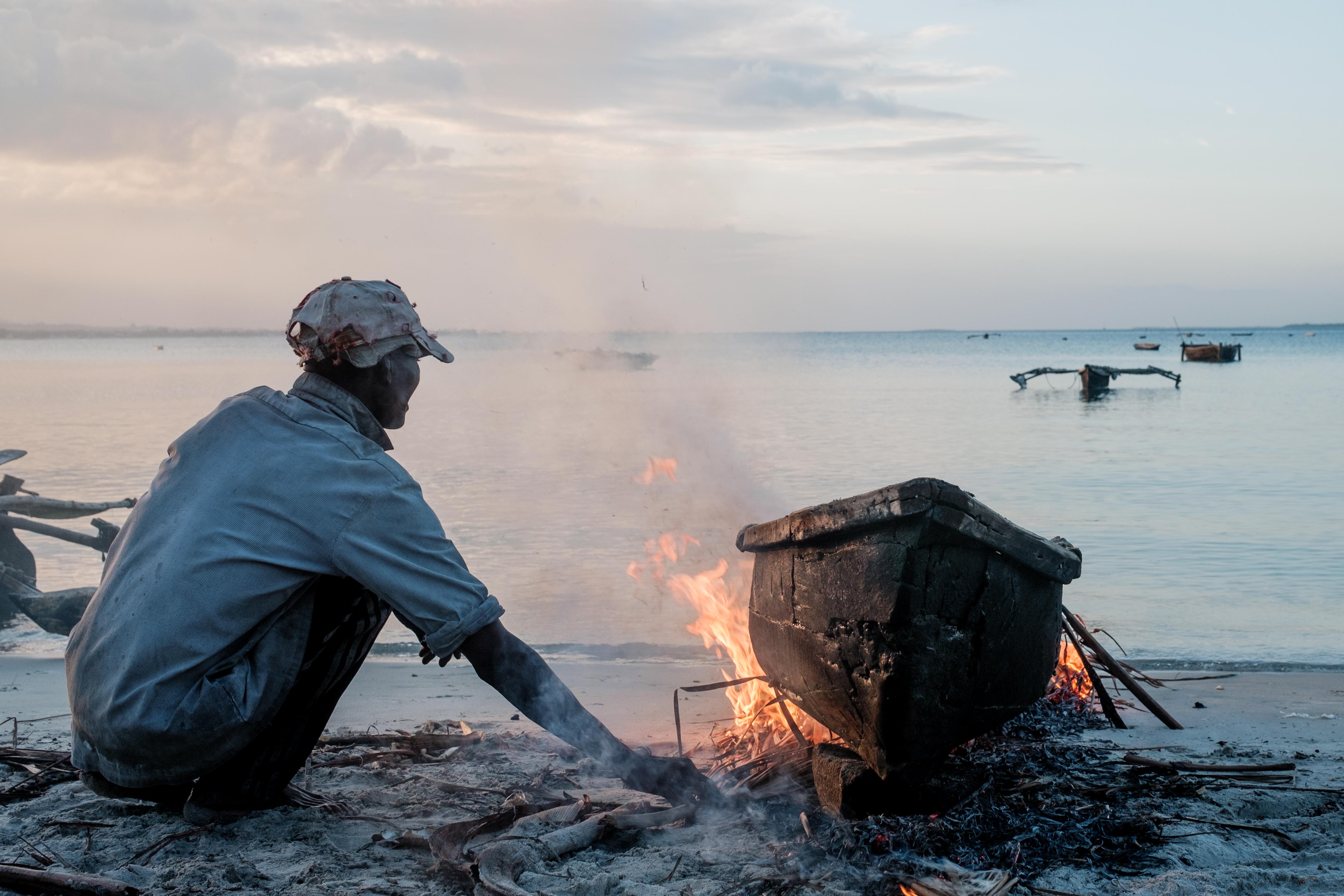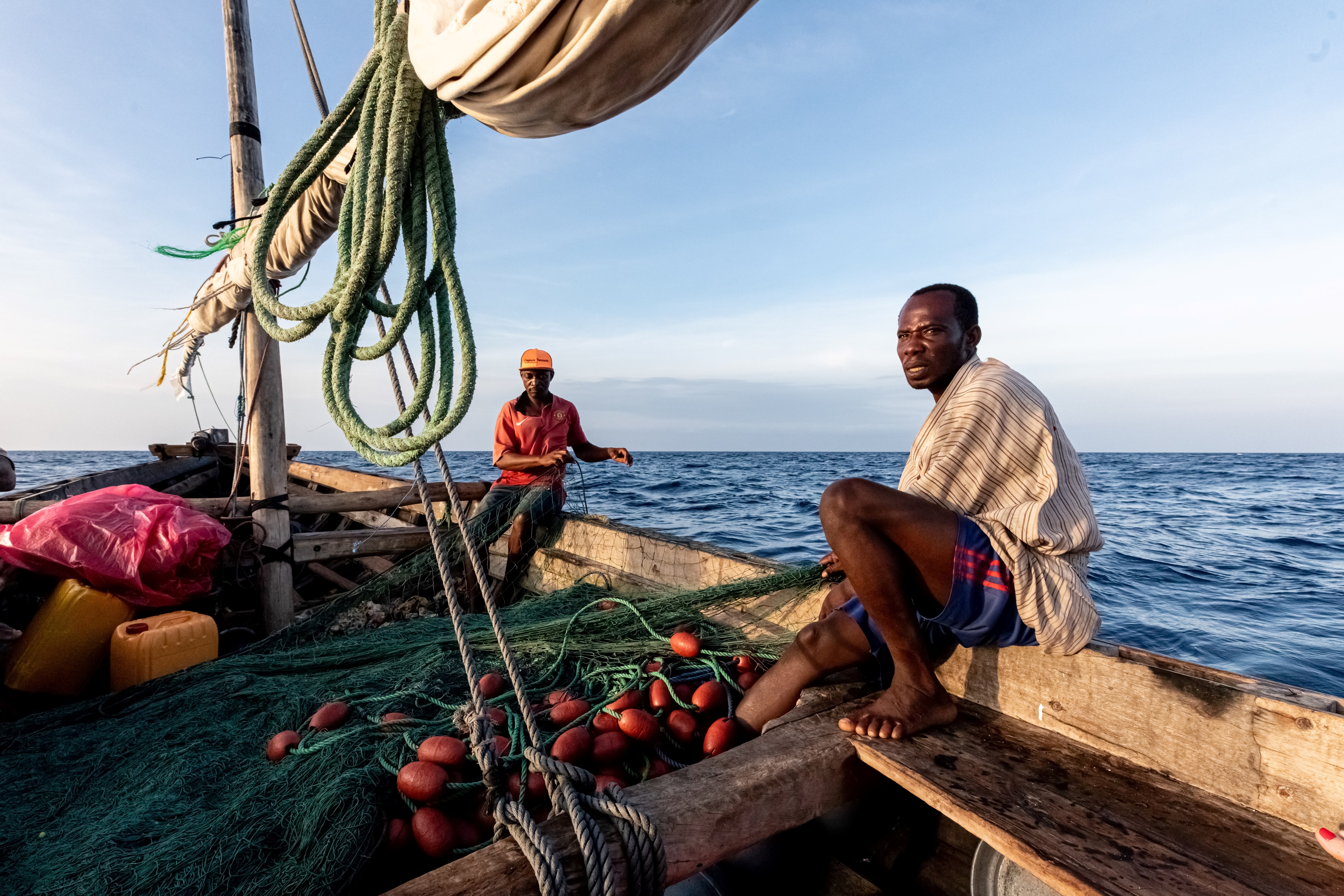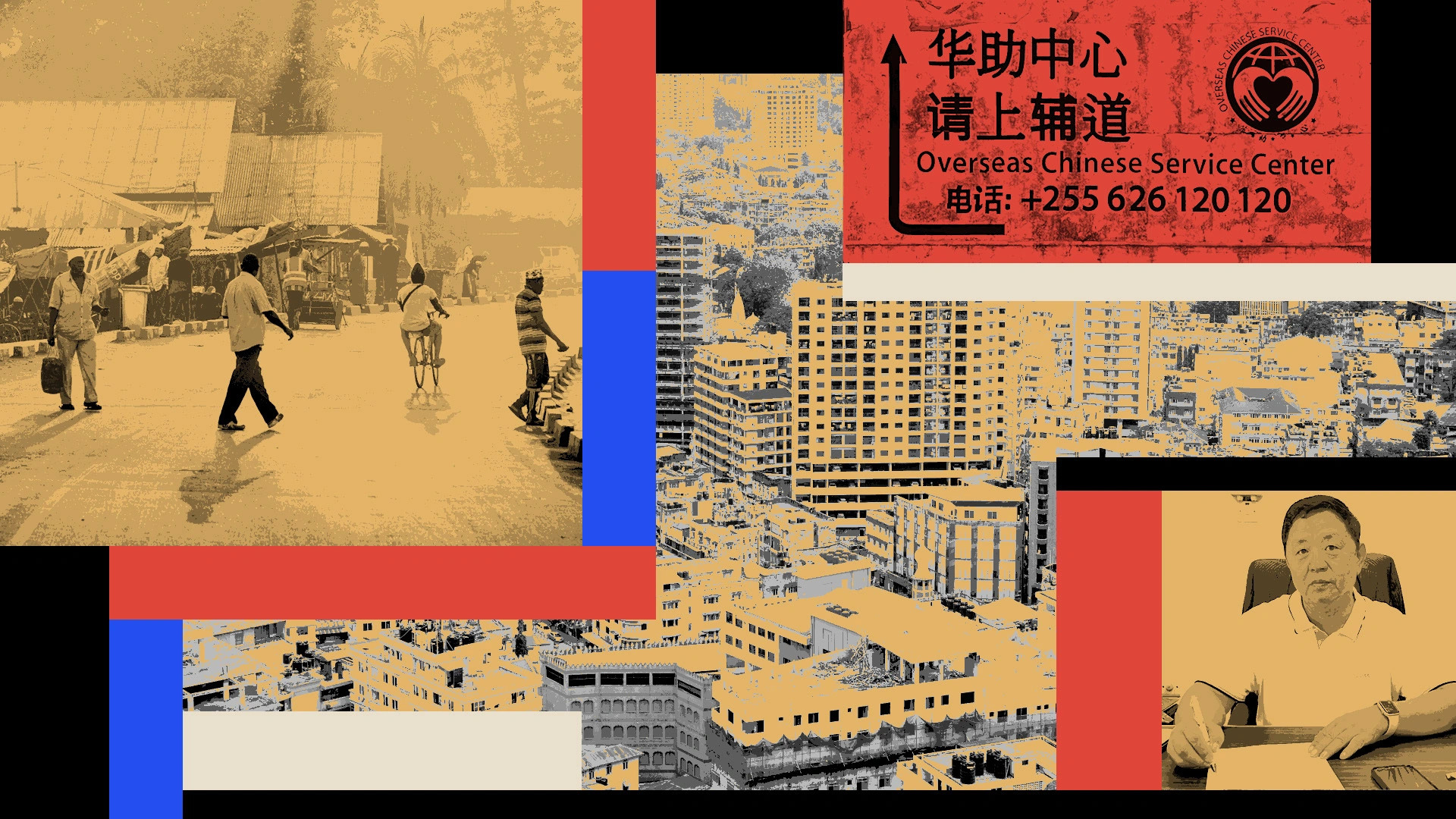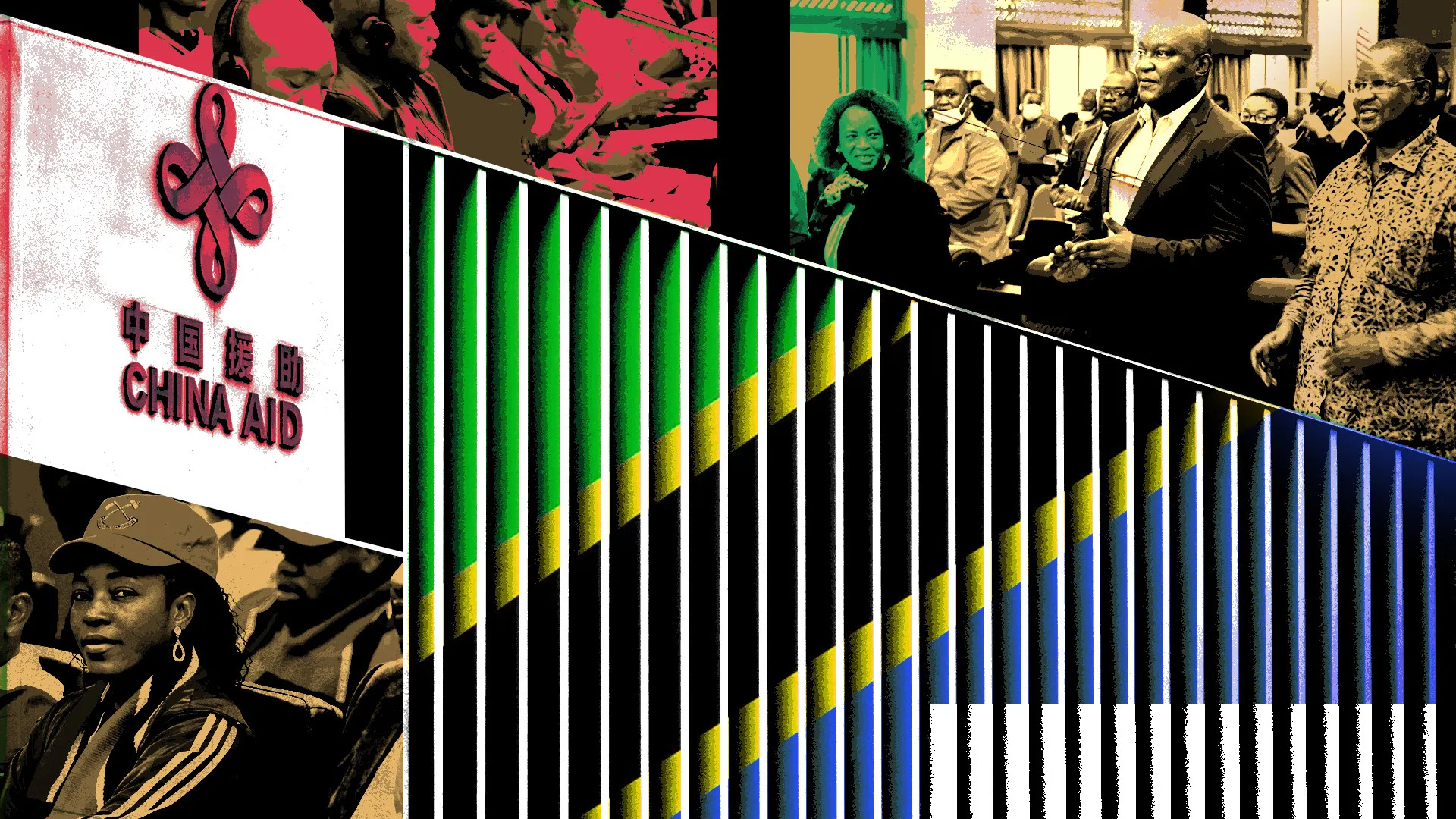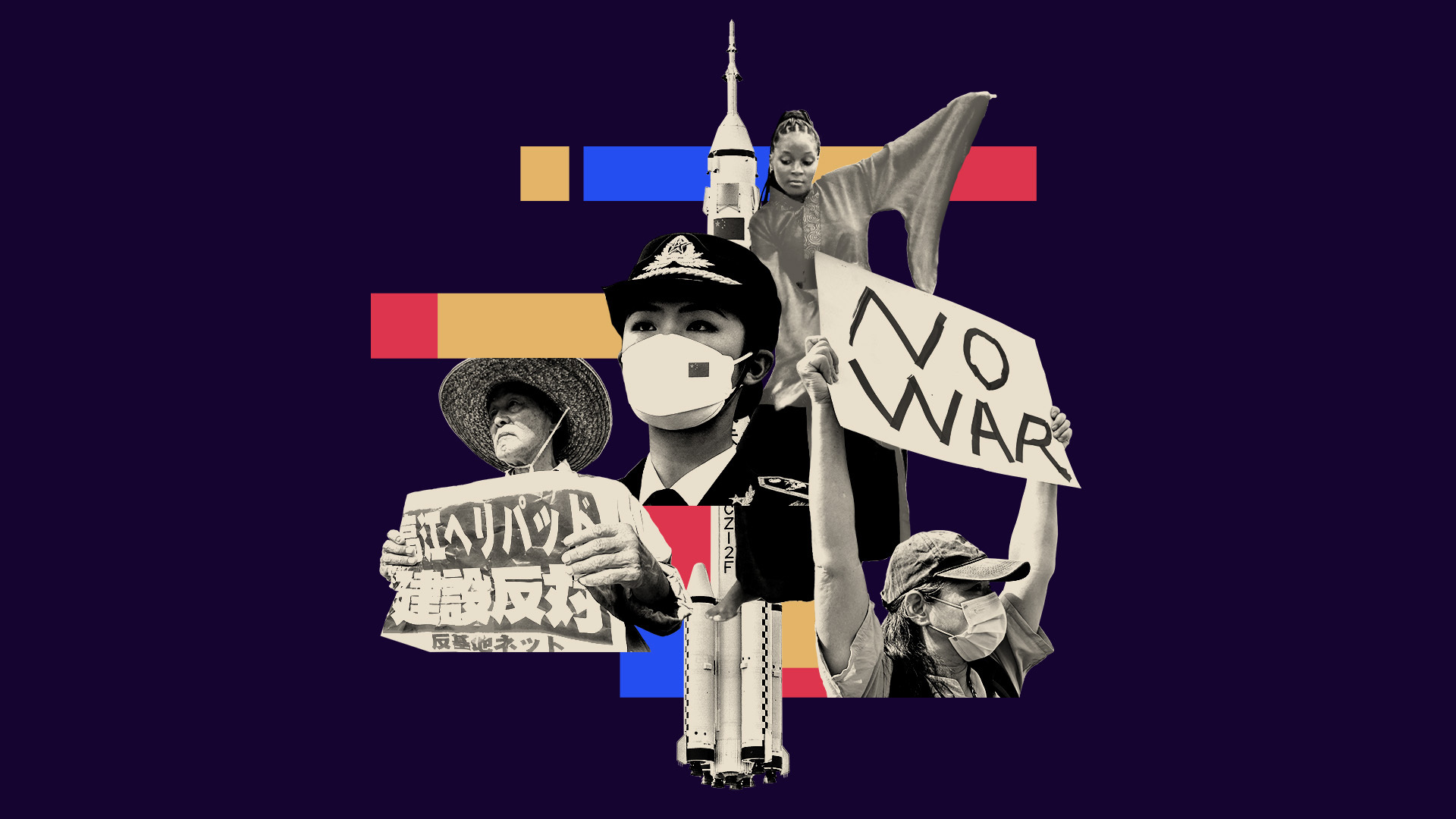-

Local fishermen are struggling to hang on amid climate change and pollution.
-

Pulitzer Center Update
Congo Basin Rainforest Journalism Fund Regional Workshop
The Pulitzer Center's Congo Basin Rainforest Journalism Fund, in collaboration with the Journalists'...
June 23, 2023 -

Project
China's Shadow Empire
An investigative series explores how the Chinese government is quietly trying to advance its...
-

Using remote sensing techniques and GIS, this project investigates the extent of the environmental...
-

This project aims to show the impact of hydroelectric dam construction on deforestation, animals...
